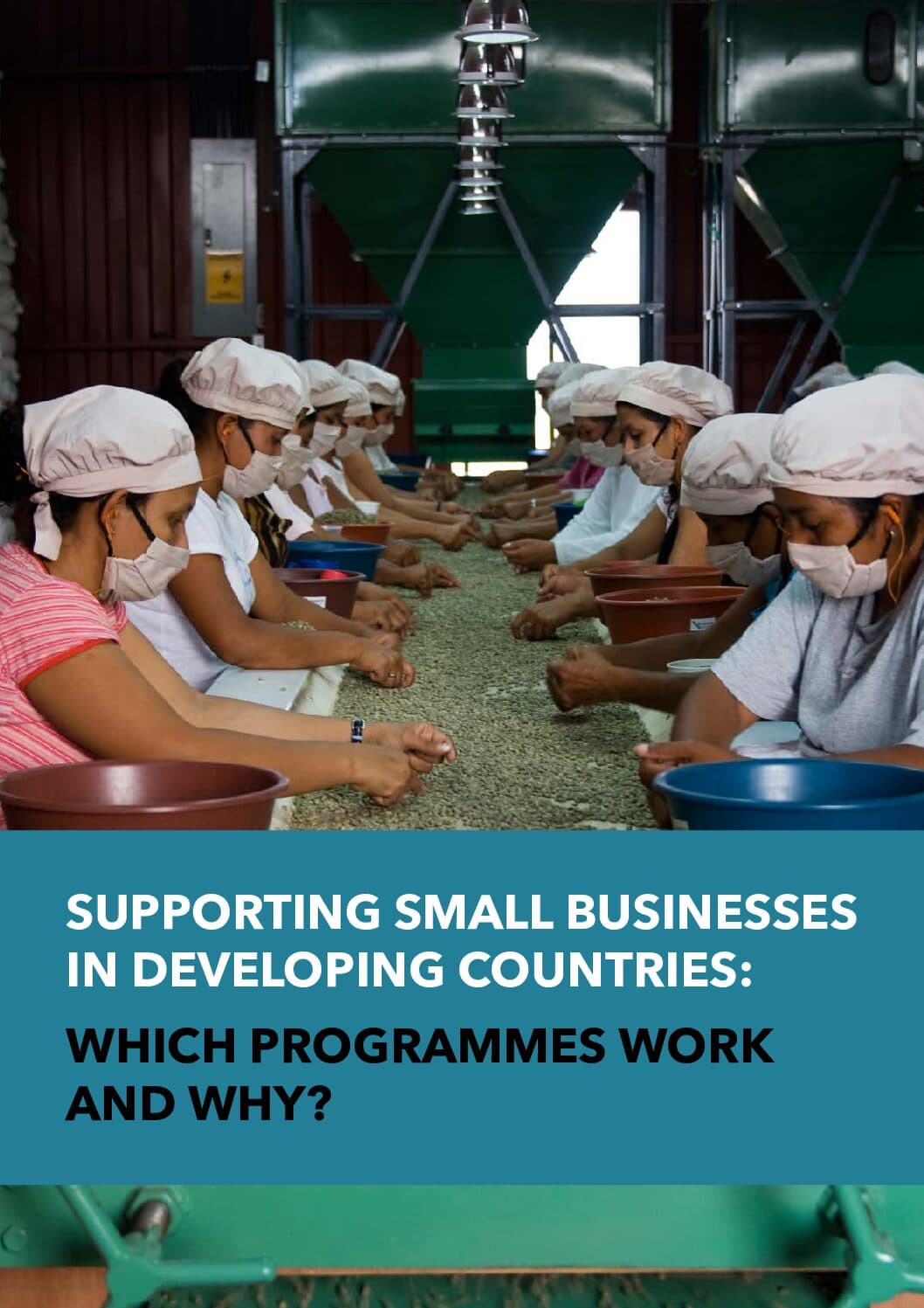Overview
This joint study by ACT Alliance members Christian Aid, Church of Sweden, DanChurchAid, Finn Church Aid, and ICCO (now part of Cordaid), examined which types of programmes most effectively strengthen small and medium enterprises (SMEs) in developing countries. The study found that access to credit alone rarely drives inclusive growth. Instead, coordinated public investment, capacity-building, fair regulation, and the empowerment of women-led enterprises are key to ensuring that SME development contributes to poverty reduction and local ownership.
Key findings and relevance
The study remains highly relevant to current policy debates on the EU’s Global Gateway and inclusive-finance agenda. Its strategic lessons highlight that:
- Finance alone does not bring inclusion.
- Combining finance with training, infrastructure, and gender-aware policy delivers stronger outcomes.
- Public procurement and local content policies can link small producers directly to stable markets.
- Empowering women entrepreneurs requires legal reform, fiscal fairness, and targeted support.
Publication details
Title: Supporting Small Businesses in Developing Countries: Which Programmes Work and Why?
Authors: Christian Aid, Church of Sweden, DanChurchAid, Finn Church Aid, ICCO (now part of Cordaid)
Publisher: ACT Alliance EU
Year: 2015
Download: PDF – Supporting Small Businesses in Developing Countries
